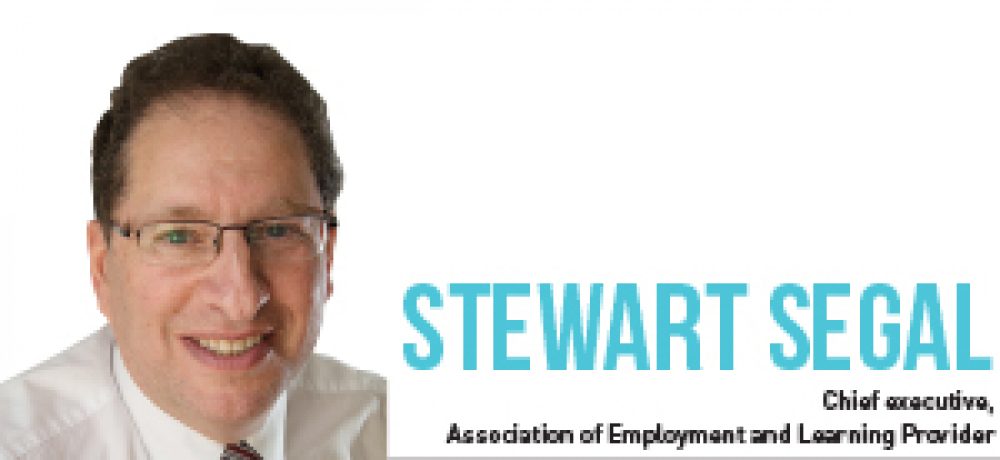As part of a series of articles in the wake of the third anniversary of the Wolf Report, Stewart Segal raises concerns that routes may become more academic in the wake of reforms.
There were a number of the principles set out on the Wolf report that recognised the importance of the vocational routes through education and the need to ensure young people had the maximum choices.
A focus on understanding about work and work experiences alongside more formal qualifications was an important part of the report. Our concerns are that there is a danger that creating more rigorous and responsive routes across a wide range of programmes may be translated as making all of the routes more academic because that is what many schools are comfortable with.
We need to balance the changes in qualifications with a focus on the improvements in giving young people in schools better information about their options and especially about the world of work.
The performance tables must reflect this broader approach to academic and vocational routes and we must ensure that those organisations supporting those learners that have not been successful in the school system are measured in a way that recognises the distance travelled and the fact that getting a job is a successful outcome.
The Wolf report said that we should be encouraging more young people to take an apprenticeship and we agree with that approach. However the proposals to change the funding routes and to make employers make a compulsory contribution even for 16, 17 and 18-year-olds will create a barrier for entry for many young people.
We should review the impact of these proposals on how it will affect the numbers of young people getting an apprenticeship opportunity.
We also support the focus on English and maths. The report recognised that GCSEs need to respond to the needs of employers in ensuring that functional skills are key to success in employment. It has been accepted that retaking GCSEs does not meet that need for those young people that have not reached the required standard and we need to ensure that Functional Skills remains an option respected by employers to ensure young people can improve their skills.
The key will be to ensure that the providers of vocational education and training have the flexibility to ensure that every young person gets the support that they need through the programme of their choice.
Stewart Segal is chief executive of the Association of Employment and Learning Providers
Click here to read the in-depth analysis and a government response









Your thoughts